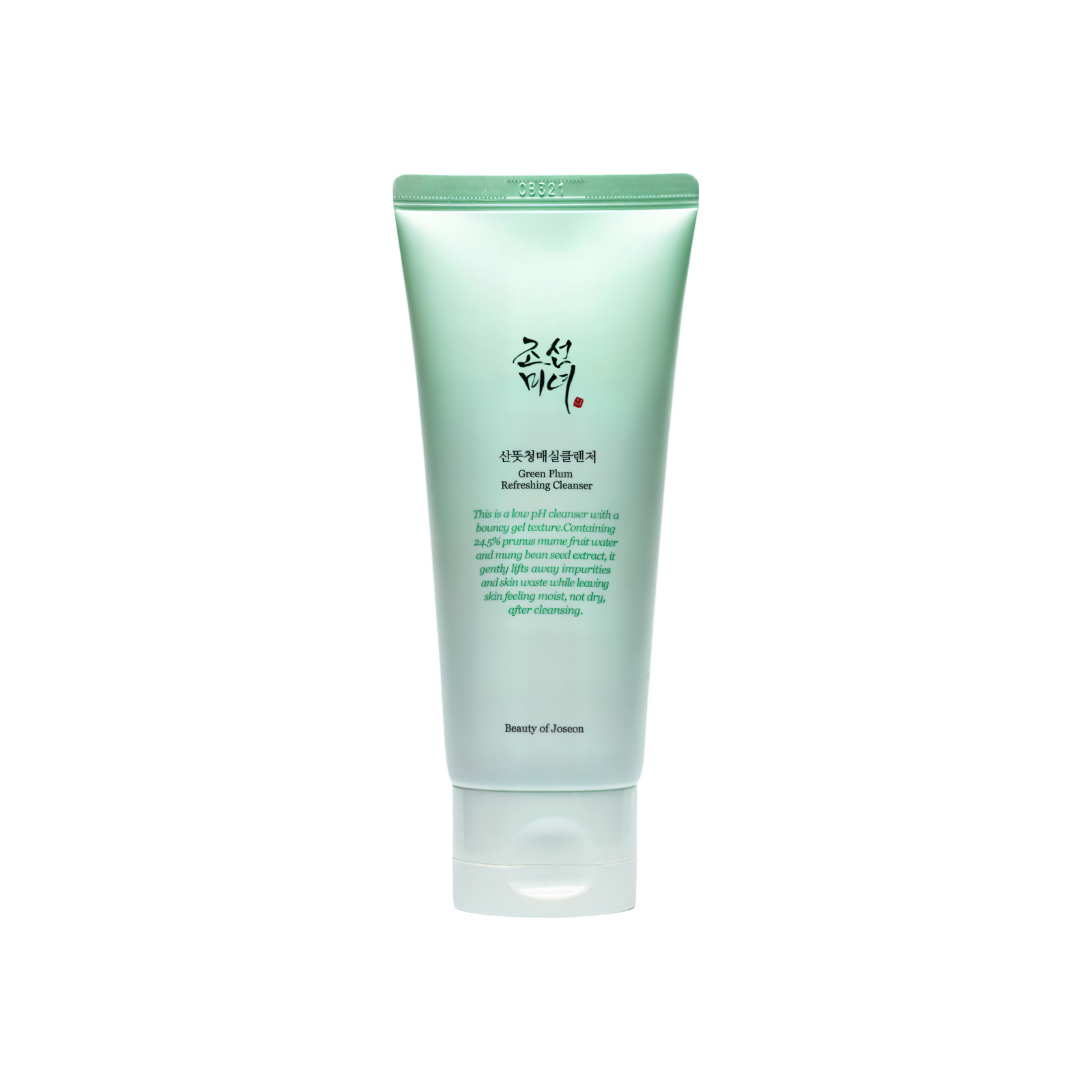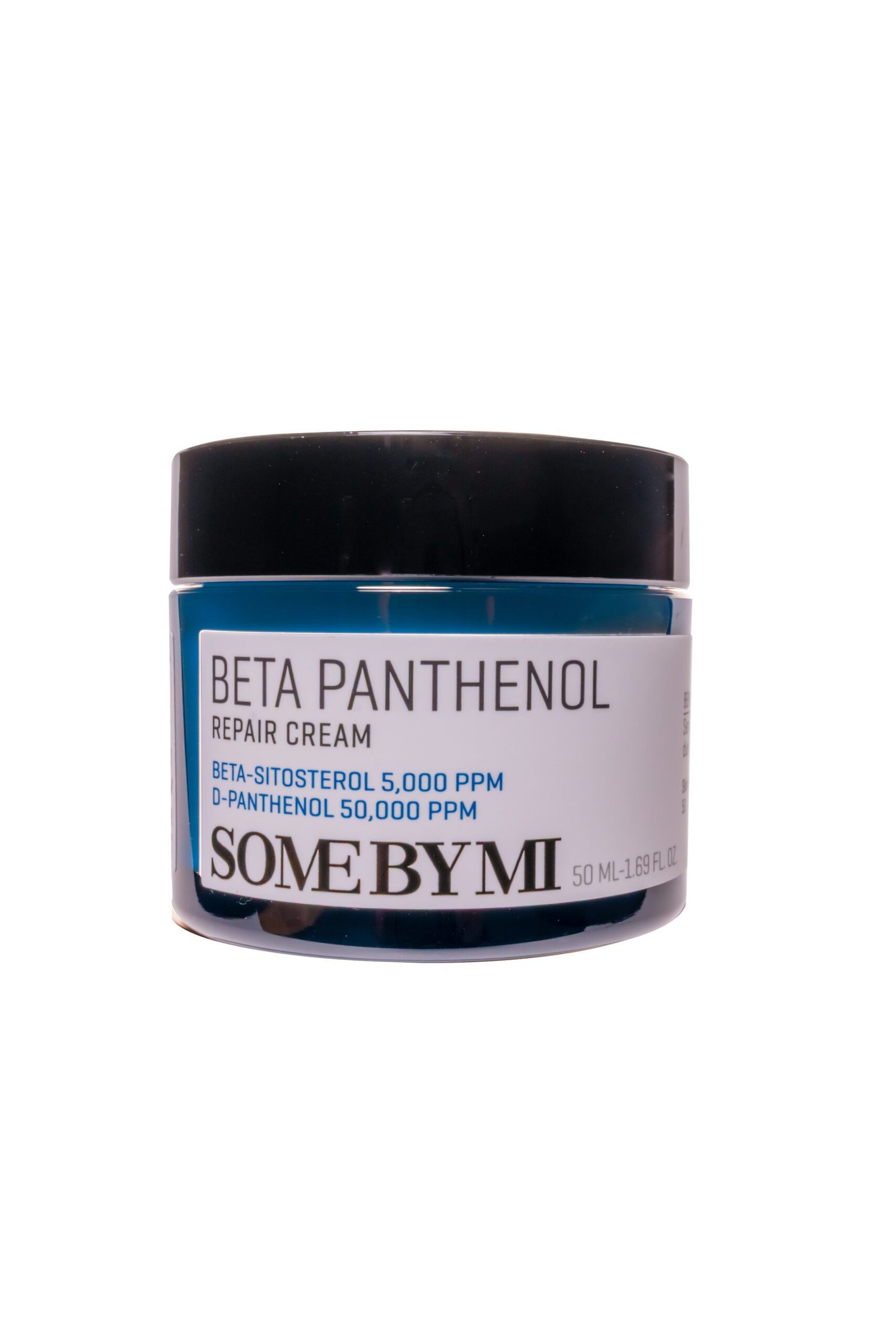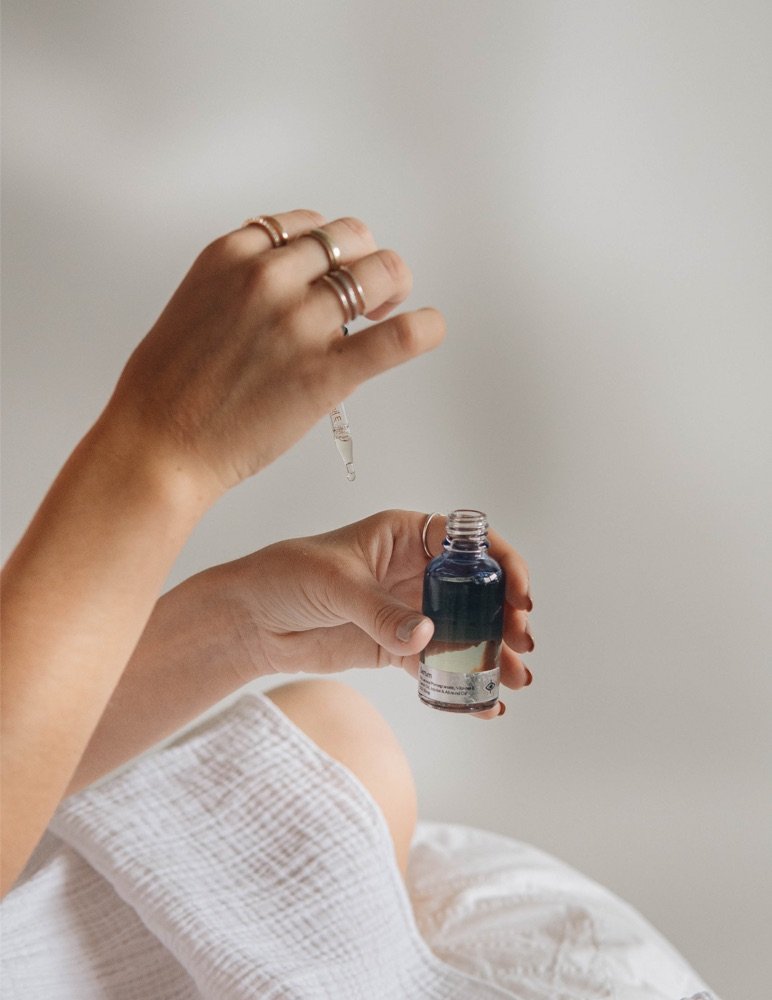Sensitive skin is one of the most misunderstood skin types. While many believe that aging naturally comes with grace, sensitive skin often faces a tougher journey. Delicate reactions to the sun, pollution, diet, and stress can make sensitive skin show signs of aging earlier. This article dives deep into the question: Does sensitive skin age faster?, and explores scientific causes, common skin care myths, and essential tips to build a sensitive skin anti-aging routine and preventative skincare approach.
Does Sensitive Skin Age Faster? The Scientific Evidence
- Inflammation & Aging: One of the hallmarks of sensitive skin is frequent inflammation, manifesting as redness, itching, dryness, or burning. Scientific studies link chronic inflammation to accelerated skin aging by increasing oxidative damage and breaking down collagen fibers and elastin in the dermis. This leads to: Loss of elasticity, increased fine lines and wrinkles, Rougher, aged texture. Therefore, if your skin reacts easily to environmental or internal stressors, those inflammatory responses can accelerate visible aging, indicating that, yes, sensitive skin does age faster under the right conditions.
- Environmental Stress and Genetics: Skin aging depends on both genetic (internal) and environmental (external) factors. Genetics may contribute up to 60% of aging variability, but environmental elements like UV exposure, pollution, and harsh chemicals are responsible for the rest. People with sensitive skin often have weaker skin barriers and reduced resilience, meaning they’re more prone to damage and oxidative stress when encountering external triggers. Over time, this cumulative damage speeds up visible aging compared to more resilient skin types.
- Lifestyle: Sleep, Diet, Stress, and Hydration: Poor lifestyle habits can make sensitive skin age prematurely. Sleep deprivation interferes with the skin’s nightly regeneration, causing dullness and fine lines. Stress triggers inflammatory hormone release, accelerating collagen loss and aging. Unhealthy diets high in sugar or processed food fuel inflammation. Dehydration weakens moisture retention, making the skin appear crepey and aged. Together, these factors, especially dietary ones, can speed up aging in sensitive skin.
Common Skin Care Myths About Sensitive Skin Aging
Many misconceptions surround sensitive skin and aging. Let’s debunk some key skin care myths:
Myth #1: Dry skin ages faster.
Fact: While dryness may accentuate the appearance of lines, it’s sun exposure, smoking, and pollution that truly accelerate aging. Dry skin is not to blame, but it must be moisturized for resilience.
Myth #2: Gentle cleansers don’t help anti-aging.
Fact: Harsh cleansers strip the barrier, causing inflammation that leads to aging. A sensitive skin anti-aging routine must start with a mild, fragrance-free cleanser.
Myth #3: You should use strong actives early to prevent aging.
Fact: Aggressive actives like high-dose retinoids can worsen inflammation in sensitive skin. It’s better to build a preventative skincare routine using gentle antioxidants and barrier-supporting ingredients before introducing retinoids gradually.
Signs That Sensitive Skin Is Aging Faster
Look out for these tell-tale signs on sensitive skin:
- Frequent redness, swelling, and tingling
- Dry patches and rough areas
- Fine lines around the eyes, forehead, and mouth
- Loss of elasticity—skin feels tight and less bouncy
- Weak barrier—prone to stinging from skincare products, windy weather, or low humidity
If these appear early (late 20s to 30s) and intensify quicker than on normal skin, you may be witnessing premature aging tied to sensitivity.
Building a Sensitive Skin Anti-Aging Routine
Here’s a sample sensitive skin anti-aging routine that tackles inflammation, strengthens the skin, and helps delay aging.
AM Routine (Morning)
- Refreshing cleanser– Use a mild, non‑foaming, low-pH wash.
- Hydrating toner – Include soothing ingredients like panthenol or glycerin.
- Antioxidant serum – Vitamin C or green tea extract helps neutralize free radicals.
- Moisturizer with ceramides – Supports barrier function and soothes dryness.
- Broad-spectrum sunscreen (SPF 30+) – Non-comedogenic formulas formulated for sensitive skin.
PM Routine (Night)
- Gentle cleanse – Same as morning.
- Hydrating essence or lightweight serum – Look for ingredients like hyaluronic acid or niacinamide.
- Barrier repair moisturizer – Richer cream with ceramides or squalane.
- Occasional gentle retinoid – Start with a low concentration and test for irritation.
Weekly Add-Ons
- Soothing mask (aloe, oat, green tea)
- Gentle exfoliant, used sparingly (once/week) to prevent buildup without disrupting the barrier
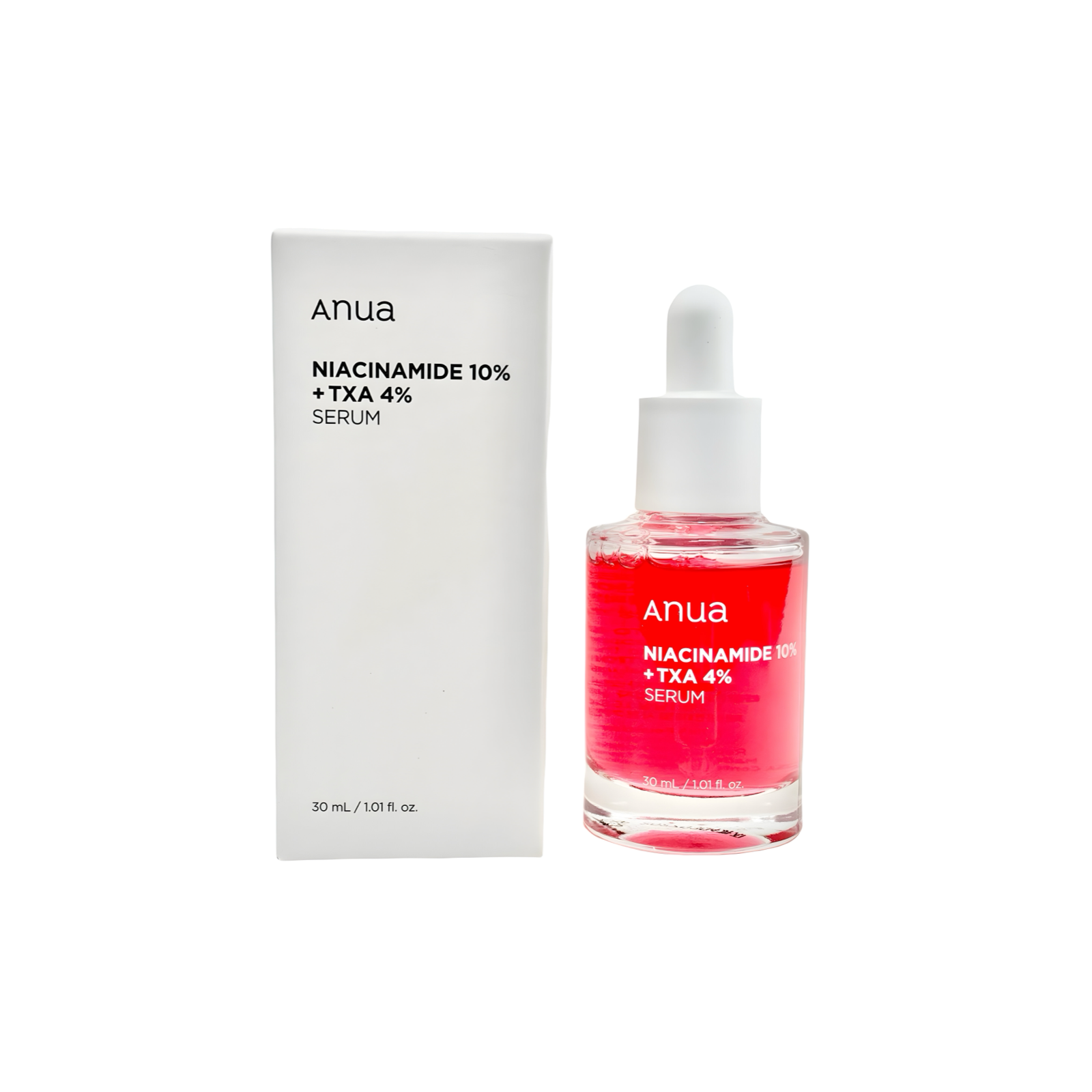
Preventative Skincare for Sensitive Skin
Sensitive skin tends to age faster because it’s more prone to inflammation and damage from factors like UV rays, pollution, and harsh products. This inflammation breaks down collagen and elastin, causing wrinkles, redness, and loss of firmness.
Many skin care myths suggest dry skin causes aging or that strong products are best, but sensitive skin needs gentle care focused on soothing and protecting.
To prevent premature aging, a good, sensitive skin anti-aging routine includes mild cleansers, hydrating moisturizers, antioxidants, and daily sunscreen.
Avoid irritants like fragrance and harsh exfoliants, and support your skin with a healthy diet, hydration, stress management, and sleep. These steps help sensitive skin stay healthy, slow aging, and maintain a radiant look over time.
Lifestyle Habits to Support Anti-Aging in Sensitive Skin
External habits matter just as much as skincare.
- Balanced Nutrition: Choose foods high in zinc, selenium, copper, and vitamins A, C, and E to support skin repair and collagen health.
- Hydration: Aim for at least two liters of water daily to maintain plump, hydrated skin.
- Sleep: Prioritize restorative sleep for better skin healing and reduce stress-induced aging.
- Stress Management: Mindfulness, deep breathing, and moderate exercise help control oxidative stress on the skin.
- Exercise: Regular workouts increase circulation and support collagen synthesis, both vital to healthy skin aging.
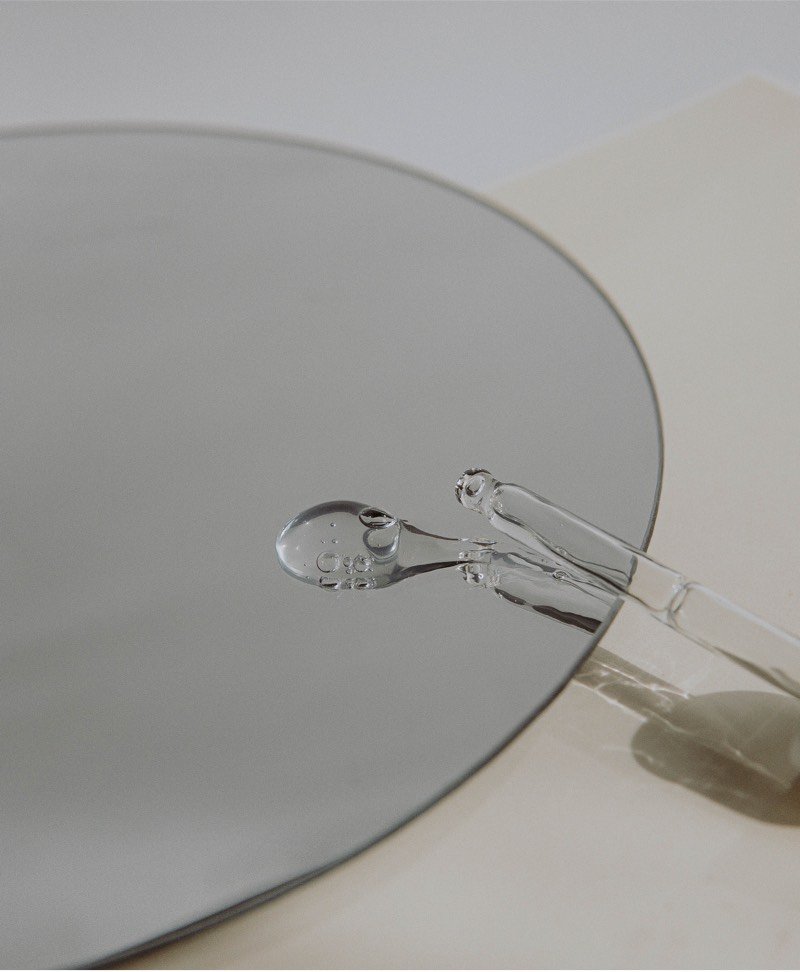
Prevention Tips: Dos and Don’ts
Do
- Stick to gentle cleansers & moisturizers
- Use antioxidants and SPF daily
- Introduce activities slowly
- Hydrate, sleep, and manage stress
- Patch-test new products
Don’t
- Scrub or over-cleanse your skin
- Use alcohol-based, scented, or harsh products
- Skimp on sun protection
- Rely only on makeup for SPF
